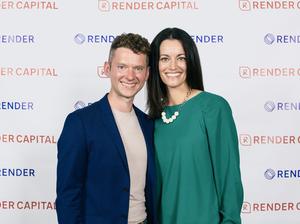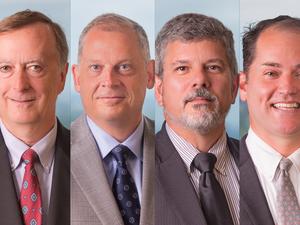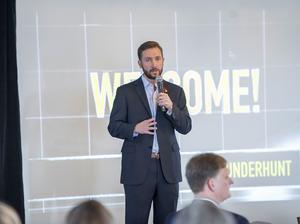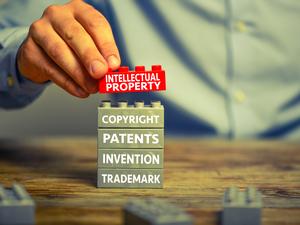Alex Reed knows firsthand the nuanced — and expensive — process behind intellectual property when launching a startup.
He knows, too, that it’s easy for entrepreneurs to get tied up in the romanticism of filing their own trademark, copyright or patent.
Reed, chief commercial officer at Vsimple, was first exposed to intellectual property law while he worked at Big Ass Fans out of Lexington, Kentucky. In his 10 years there, Reed said he saw the lifecycle of intellectual property often.
But he gained intensive experience in 2019 when he launched Truman’s, a direct-to-consumer cleaning products company. He patented the company’s invention, a beaker-like spray bottle.
Along with his work at New Albany, Indiana-based Vsimple — a software-as-a-service platform designed to simplify workflow communication between manufacturers, distributors and their customers — Reed also works as a mentor and adviser to other entrepreneurs.
Reed doesn’t consider himself an IP expert, he said, but in his startup advising he is quick to recommend startups get legal help based on a few factors. He said this advice is based on what stage the startup is in and their perception of risk if they don’t take IP action.
If a startup owner feels there is a lot of activity happening in their field and they’re confident in their direction, Reed said he may advise them to begin the IP process to get ahead — starting with hiring a lawyer.
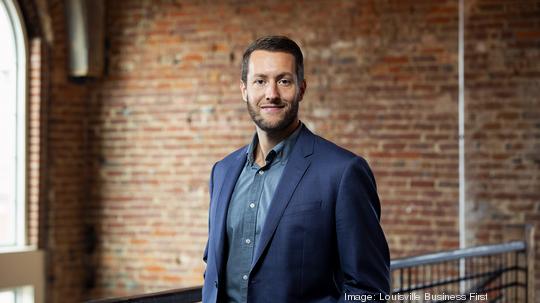
“Lawyers, in general — but I mean for patents, too — are not an area that I would try to go cheap,” Reed said. “Startups are always looking for ways to conserve cash. It’s really, really important to be frugal, but good lawyers are worth it.”
Louisville’s startup and innovation ecosystem has been on the rise in the last few years, and as more innovators pop up, so do questions of how to protect company names, inventions and software. That’s where intellectual property (IP) lawyers come into play.
Advising aspiring entrepreneurs on everything from copyrights to trademarks to patents, attorneys can be the difference between a successful startup and one that flames out — and timing is of the essence.
“When you’re in startup mode, you also have a practical reality of limited resources, limited time,” said David Nagle, a member and attorney at Stites & Harbison PLLC in Louisville. “You have to also help [startup founders] make choices as to how best to invest their resources.”
Getting started
When Nagle sits down with a startup founder, he makes sure their business plan aligns with their intellectual property strategy. That begins with identifying any potential IP assets they may have, which could include inventions, software, a website or their company name.
But every startup is different. Some are fast-growing while others move at a slower pace. Nagle said each company’s IP needs differ just like their services do.
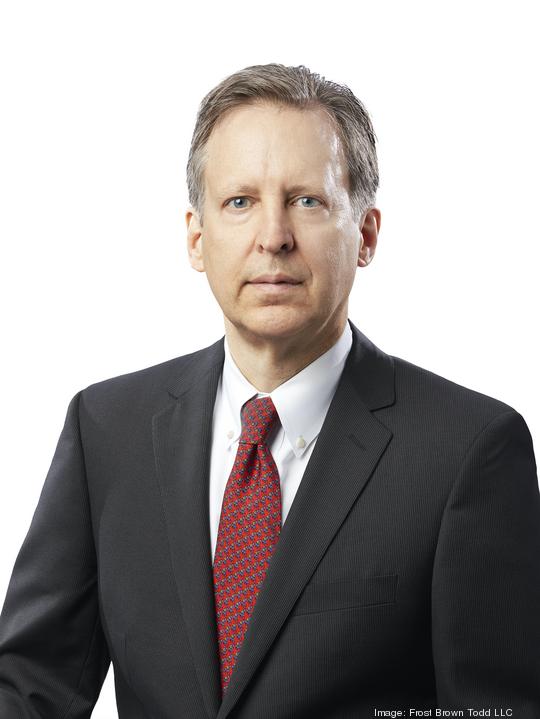
In recent years, the IP legal field has added specializations in industries. Bill Strench, member and attorney at Frost Brown Todd LLC in Louisville, advises startups that specialize in chemistry or other sciences, for example, to find an attorney that does, too.
“You really need to go to somebody who understands the industry and has the knowledge that can help them develop a patent which would be very hard if you don’t know the basic science in that particular area,” Strench said. “… If you don’t have that kind of background, it would be very hard to protect the company.”
It’s in the name
Strench isn’t an IP attorney, but he works with entrepreneurial companies in his practice. IP does play a factor in the advice he gives his clients, however. He said there are very few companies that don’t need some sort of IP protection. Knowing where, and when, to start is key.
Early on, the name of a company or product is important to get protected and file a trademark as soon as possible and build up goodwill under it, Strench said.
“If they don’t protect their name and/or make sure the name doesn’t infringe on somebody else’s name, then they can lose a lot of value,” Strench said.
It’s more complicated than just
looking up names at the U.S. Patent and Trademark Office, Strench said.
With the rise of the internet, names and trademarks have an added weight on the national scale, because hardly any company is purely local anymore, Nagle said.
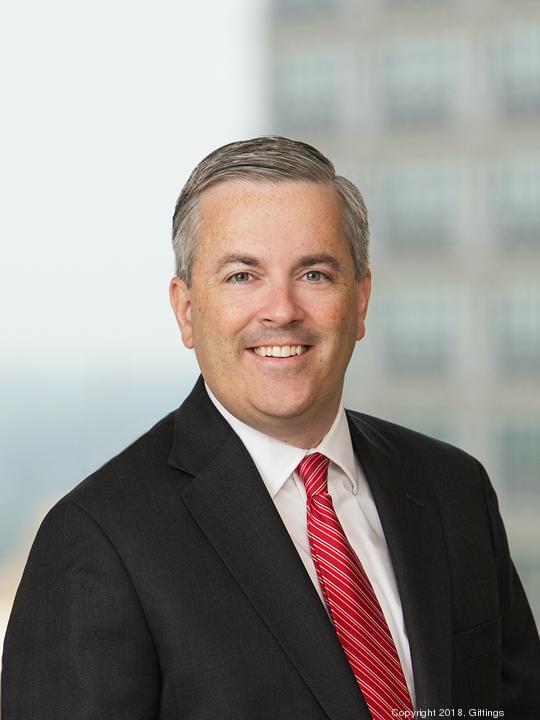
“We [are] quite regularly in disputes online about brands and marks whether via Amazon Marketplace, or other online platforms, where a local company really didn’t think about them being part of the bigger global marketplace now,” Nagle said.
Julie Watts is an attorney specializing in trademarks at Wyatt, Tarrant & Combs LLP. She said that before startups launch, she performs a trademark clearance with them to make sure their name is unique in the marketplace and reflects the services or goods they provide.
“It’s nice to work with people on the front end because then we’re able to help them with their ideas, to make sure that they are sound without them having to come to us after the fact maybe because they receive correspondence from another company that uses a similar name,” Watts said. “And then they have to figure out if they need to rebrand or they have to spend extra time and energy on that, whereas they could have used it on the front end.”
Knowing what you need
Sometimes the IP terms like copyright, trademark and patent are used interchangeably, but every company’s needs differ.
Copyrights protect the literal expression of an idea on a medium, be it a sound, video or written materials. Software can also be protected under copyright.
Trademarks are a source-identifier, said Stephen Hall, an attorney specializing in patents at Wyatt, Tarrant & Combs, meaning when you look at a mark, you know what the source is.
Company names, logos, slogans and products can be trademarked. Watts said there are different levels of trademarks depending on their scope.
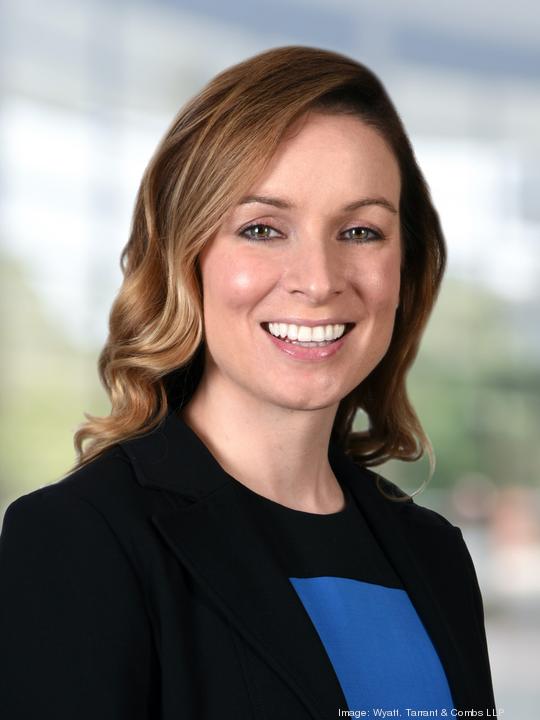
“It’s the goodwill of your company,” Watts said. “You put your trademark out there and that’s what people are going to know you by.”
Patents give inventors the right to exclude others from copying their invention. Hall said patents are a reward for innovation.
“If you’ve got something truly innovative and new, we’ve got to look at that, we’ve got to assess whether patent protection might be available,” Nagle said. “But sometimes the best answer is, ‘no it’s not,’ now it’s a branding play.”
It’s important for startups to speak with an attorney to assess whether their assets are able to be protected by patents, Nagle said, but sometimes, the best advice he gives entrepreneurs is they will just have to compete.
Nagle used a hammer as an example: It’s not a patented invention, so there’s many variations of it. They differ in branding and price.
Do you need a patent?
Reed said a patent’s value can be fairly limited, because small pieces of the invention can be changed, and it ultimately boils down to someone’s interpretation of it.
(Speaking of value, Truman’s, Reed’s former company, sold its intellectual property to an undisclosed buyer in May, effectively dissolving the brand.)
According to Hall, when determining whether your invention is patent-eligible, you must ask yourself whether the product or service is truly innovative. If the arrangement of pieces in the invention are special and haven’t been done before — or aren’t obvious to people working in the field — it has patent potential, because it demonstrates value, Hall said.
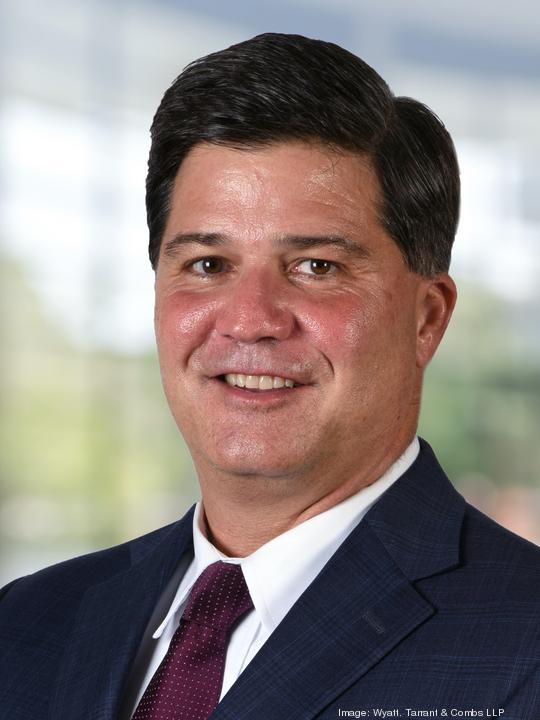
“It’s valuable because if it’s better — and you presume it is, in some way — if it’s an improvement, if it’s an incremental advance over what came before, then you’re the only person who can sell your invention as a product,” Hall said.
Reed said a challenge with the patent process is proving an invention’s novelty because so many inventions are iterative of others.
Another piece is proving that the invention can be achieved.
“You can’t just put some crazy idea down that has no explanation of how it would work and then secure a patent,” Reed said with a laugh.
He said that companies should ask themselves whether obtaining a patent is necessary to operate.
“You just have to look at it practically and say, ‘well, that’s a waste of our time and money to even try to patent something because even if we win, it probably doesn’t change how we go to market and our probability of success,’ so it’s a lot of those kinds of ‘what if’ questions,” Reed said.
Patent protection requires full disclosure, meaning the product is brought to the public’s attention. When the patent expires, anyone is free to use and practice the invention. To avoid public disclosure, some may not get a patent and instead consider making their invention a trade secret.
Trade secrets protect inventions without legally disclosing them, Nagle said. It can prevent someone from misappropriating or stealing the idea. This system is fallible sometimes too: If someone reverse engineers the product, it isn’t protected.
Timing
Once a patent is applied for, the clock starts. Reed encourages startups to not take that step until they are ready. The provisional buys you a year.
“If you’re not very mature, and your element of whatever technology you’re trying to protect, don’t file that provisional because the clock starts,” Reed said.

Timelines for these legal procedures are tricky, and often long. The U.S. Patent and Trademark Office is experiencing a backlog, according to Hall and Watts.
Reed called the IP process a journey that sometimes takes years to complete. Even after IP is secured, you have to commercialize it and defend it against knock-offs and things that infringe on it, he said.
Every application is different, but on average, the first action on applications for patents happens within 17 months after filing, Hall said. The time for final disposition is 24 to 36 months after filing.
The average time for the first action on trademarks is shorter, at about six months after filing. The time for final disposition is 12 to 18 months after filing.
But even after waiting, there is still a chance the application can be rejected, and the process of responding and changing the applications adds more time, too.
“There’s both the financial aspect and the time aspect,” Nagle said. “One of the things I’m often doing is helping the startups figure out how to budget those resources because pursuing patent protection especially is not easy. It takes time.”

